Pending Business: Q2
By Steve Lapa
Lapcom Communications Corp
President
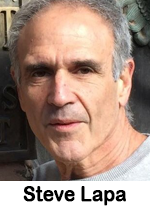 Have we passed the disappointment of 2023?
Have we passed the disappointment of 2023?
If ad sales at your radio station finished last year up double digits (excluding digital) please skip past the next few paragraphs. If you’re in the same boat as most radio ad sellers across the country at various levels – i.e. local, national, syndication, network – last year was a struggle.
Now then, how is Q1 shaping up?
Are you making up for lost ground, like the airline business, automotive business, restaurants or are you still pushing that boulder uphill? Here is some straight-from-the-field unfiltered feedback:
1. Valentine’s Day at most restaurants was one of the busiest on record. People at the packed-in table next to ours waited two hours after sitting to be served. So much for a 6:45 pm reservation. They got free dessert. Seriously?
2. Travel is back, make no mistake about it. Discount airfares are a thing of the past on the big-name airlines. At 6’2” I really believe my knees should not be touching the seat in front of me in comfort class on most major airlines.
3. Try negotiating a new car deal this month. No, not the incentives on the 2023 models, I’m talking 2024 in 2024. As the goodfellows said back home, fuhgeddaboudit.
There is nothing wrong with trying to make up for the lost income of the Covid years. After all, testing the pricing upside in business is the American way. We pay more, tip more, and adjust. It is the Darwin theory eating into our wallets every day. So why are most broadcast radio sales teams at all levels still throwing it against the wall to see what sticks? I see it every day in my marketing work. We have lost touch with the excitement, the “wow” factor, the customizations, the basic intangibles of selling the great talent we represent.
Let us learn from other successful businesses. Travel pitches pent-up demand, restaurants make sure you will get the special occasion marketing message no matter where you are, and the auto business, well the ships and chips are in!
What do we not understand about the current weakness in our broadcast radio sales strategy?
1. How current is your value proposition? Successful podcasters like Joe Rogan and Alex Cooper along with YouTubers, Facebook, Instagram, and all social media have changed the game-forever. How does your value proposition stand out today?
2. Talk radio will not go away. Programmers and talent will learn what they need to adjust to refocus one of the great radio formats ever created since someone said, “Let’s play the top 40 songs over and over.”
3. Let us start re-thinking what broadcast radio sellers need to prioritize to make a difference-today.
Steve Lapa is the president of Lapcom Communications Corp. based in Palm Beach Gardens, FL. Lapcom is a media sales, marketing, and development consultancy. Contact Steve Lapa via email at: Steve@Lapcomventures.com.



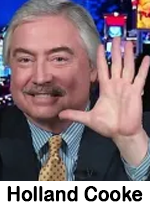 If you’re a news/talk station, don’t assume that you own “news radio” in your market. Imaging is important, but it merely talks-the-talk. You walk-the-walk with local news copy that delivers what solid commercial copy does: benefits. Just doing local news makes you special. But do listeners simply hear a station voice… reading something? Are you merely… accurate? Or do you deliver “take-home pay,” unwrapping the story to tell the listener something useful?
If you’re a news/talk station, don’t assume that you own “news radio” in your market. Imaging is important, but it merely talks-the-talk. You walk-the-walk with local news copy that delivers what solid commercial copy does: benefits. Just doing local news makes you special. But do listeners simply hear a station voice… reading something? Are you merely… accurate? Or do you deliver “take-home pay,” unwrapping the story to tell the listener something useful?
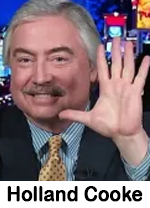 If
If 
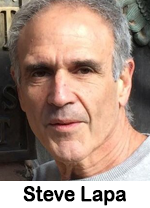 Super Bowl LVIII could have been the best ever.
Super Bowl LVIII could have been the best ever.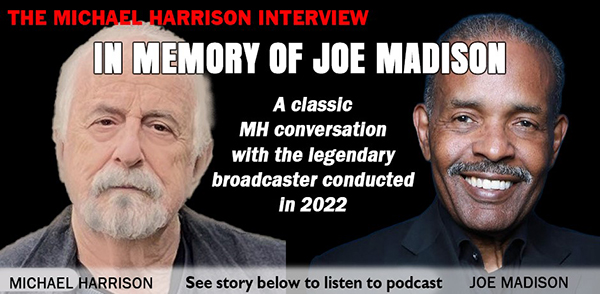
 For several years I’ve had the surprising privilege of serving as a member of the nominating committee of the Radio Hall of Fame. How does the process work? Let me clear up some of the mystery. FAQ:
For several years I’ve had the surprising privilege of serving as a member of the nominating committee of the Radio Hall of Fame. How does the process work? Let me clear up some of the mystery. FAQ: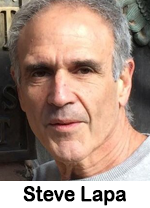 One person can make a difference.
One person can make a difference.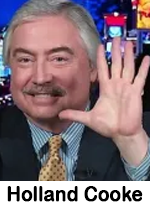 Now that every single thing is a political argument, the angry social media conversation about Taylor Swift is unsurprising. And with the Super Bowl looming, the decibel level amps-up.
Now that every single thing is a political argument, the angry social media conversation about Taylor Swift is unsurprising. And with the Super Bowl looming, the decibel level amps-up.
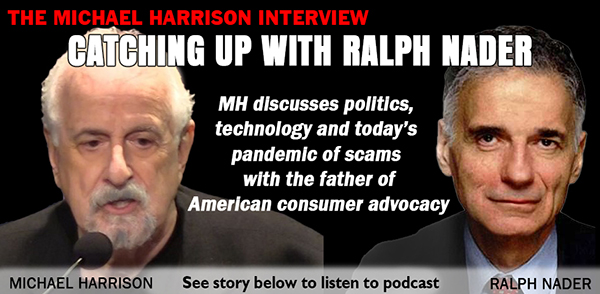
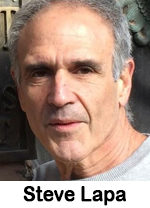 I’m no expert, but I do have a theory.
I’m no expert, but I do have a theory.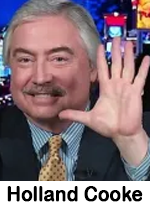 As The Beatles sang, “It’s been a long, cold, lonely winter.” ‘Still is, eh?
As The Beatles sang, “It’s been a long, cold, lonely winter.” ‘Still is, eh?
 NO ONE has done more to elevate the status and improve the working conditions of on-air talent as much as Howard Stern.
NO ONE has done more to elevate the status and improve the working conditions of on-air talent as much as Howard Stern.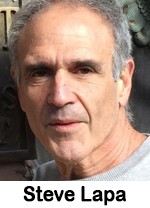 Let’s talk streaming because I don’t get what is happening. Maybe you do.
Let’s talk streaming because I don’t get what is happening. Maybe you do.
 Acknowledging that this publication is fiercely non-partisan and that I – in my role as a broadcaster – am basically the same, I offer the following, not as a political opinion piece, but rather a personal observation based on experience that might shed light on the deeper nature of a large segment of the American population prone to listen to talk radio.
Acknowledging that this publication is fiercely non-partisan and that I – in my role as a broadcaster – am basically the same, I offer the following, not as a political opinion piece, but rather a personal observation based on experience that might shed light on the deeper nature of a large segment of the American population prone to listen to talk radio. Sears used to sell everything. Tractors, tires, insurance, investments, chickens. In 2004, Sears was the dominant retailer in America. By the end of the decade, it was feverishly closing stores and dying.
Sears used to sell everything. Tractors, tires, insurance, investments, chickens. In 2004, Sears was the dominant retailer in America. By the end of the decade, it was feverishly closing stores and dying. Let’s take a minute to welcome back an old reliable that has been part of our sales and marketing world since Adam pitched Eve and got the first “yes” on the original cold call. No telling how cold that call really was.
Let’s take a minute to welcome back an old reliable that has been part of our sales and marketing world since Adam pitched Eve and got the first “yes” on the original cold call. No telling how cold that call really was. Take a day off. You get one free this year.
Take a day off. You get one free this year.